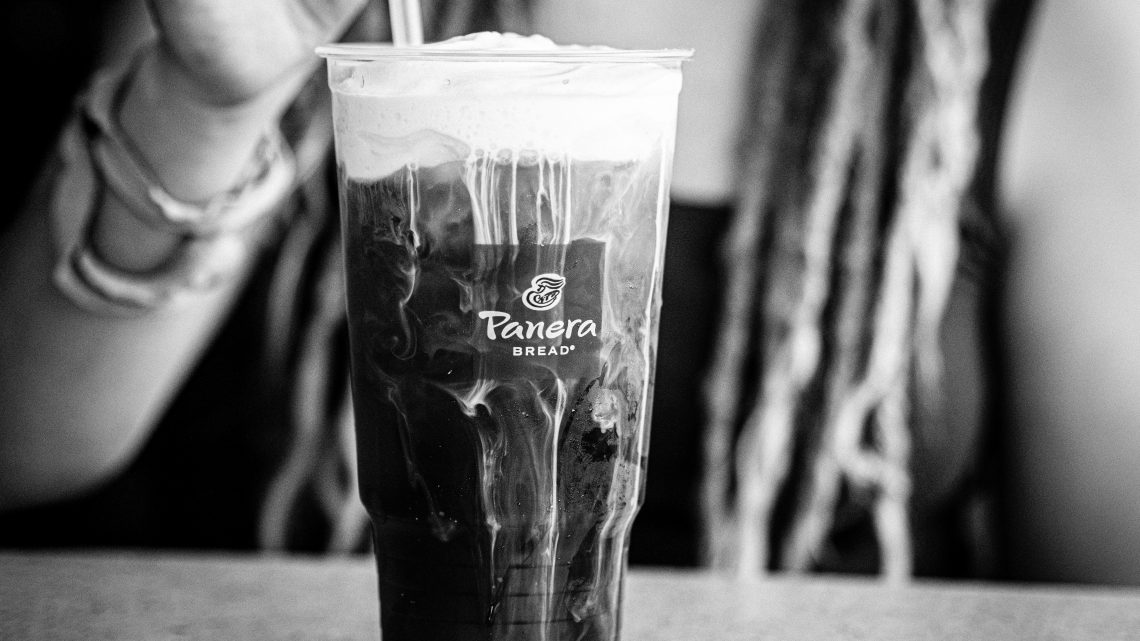As of Dec 6th, the popular fast-casual restaurant chain, Panera Bread, has been hit with a second wrongful death lawsuit due to its highly-caffeinated Charged Lemonade. The results of these cases could lead to changes in food safety laws and set precedent for other food-related wrongful death suits.
A disabled 46-year-old man by the name of Dennis Brown had suffered a cardiac arrest while walking home after drinking two large Charged Lemonades at a local Panera Bread location. He died later that night following a second cardiac arrest at the hospital.
Brown had a minor intellectual disability as well as high blood pressure. Another victim, Sarah Katz, was a 21-year-old student with a heart condition who actively avoided caffeine throughout her life. After she had purchased a Charged Lemonade using her Unlimited Sip membership, she collapsed and later died due to cardiac arrest.
The caffeine levels for the beverage listed on Panera’s website have spread like wildfire on social media. One order of a “large” size is about 30 ounces of the drink which contains 390 mg of caffeine, that is the FDA recommended limit for an average adult in an entire day and equates to about 4 cups of coffee. It is notably served beside other fountain-dispensed, non-caffeinated lemonade stations.
This means that Charged Lemonade is also one of the only energy drinks a fast-food restaurant offers that isn’t pre-portioned and allows the customer to freely refill their cup. The cafe chain denies all wrongdoing in both cases and states that they “stand firmly by the safety of our products” and as a result has “enhanced our existing caffeine disclosure.”
What does this mean for the future of food safety?
Both of these lawsuits have the potential to change how caffeinated beverages are regulated significantly. Public scrutiny aimed at Panera often mentions how the beverage is easily accessible to minors and those with pre-existing conditions. The lawsuits highlight the necessity for clearer and more transparent caffeine labeling on food and beverage products. The current case underscores the potential dangers of insufficiently disclosing caffeine content.
Companies may face heightened criticism regarding how they advertise their products, especially those with potential health implications. The lawsuits against Panera emphasize the alleged misleading marketing of the Charged Lemonade as “clean” and “plant-based.” This could prompt a shift in industry practices toward more responsible and transparent marketing strategies.
Depending on if the families win their lawsuits against Panera. It could create more precedent for lawsuits regarding caffeinated drinks. In 2010, a widow filed a lawsuit against Living Essentials, the company that distributes 5-Hour Energy after her husband suffered cardiac arrest shortly after ingesting the supplement. That case was later dismissed due to a lack of evidence, but Living Essentials was sued by the state of Oregon for the mislabeling of their energy shots.
In 2014, Ohio parents of a teen who died as a result of caffeine overdose sued Amazon and the distributor of the product. 18-year-old Logan Stiner ingested excessive amounts of caffeine powder in an attempt to use it as a pre-workout.
Although caffeine powder is not widely available, regular consumers can still purchase it in bulk from Amazon. This case was also dismissed due to the judges ruling that Amazon did not directly sell the deadly powder to the teen.
As naturally occurring caffeine remains unregulated federally, the U.S government does place caffeine limits on cola-style beverages. There aren’t any solid guidelines as to what the FDA considers an energy drink, as the term is mainly used for marketing purposes. What comes of these cases could lead to regulation of caffeinated beverages along with other lawsuits regarding energy drink-related injury.





No Comment